Unlock the Secrets to Successful SEO Strategies and Search Engine Optimization
Introduction to Successful SEO Strategies and Search Engine Optimization
In today’s digital world, having a strong online presence is essential for businesses of all sizes. One of the most effective ways to achieve this is through search engine optimization (SEO). By implementing successful SEO strategies, you can increase your website’s visibility on search engines like Google, Bing, and Yahoo. This will lead to more organic traffic, higher conversion rates, and ultimately, increased revenue.
In this blog post, we’ll unlock the secrets to successful SEO strategies and search engine optimization by discussing key components such as keyword research, on-page optimization, off-page optimization, technical SEO, and content marketing. Let’s dive in!
Keyword Research: The Foundation of Your SEO Strategy
The first step in creating a successful search engine optimization strategy is conducting thorough keyword research. This involves identifying the words and phrases that potential customers are likely to use when searching for products or services similar to yours.
To begin your keyword research process:
1. Brainstorm a list of relevant topics related to your business.
2. Use tools like Google Keyword Planner or SEMrush to find popular keywords within those topics.
3. Analyze the competition for each keyword by looking at factors such as search volume and difficulty score.
4. Choose long-tail keywords with lower competition but still have significant search volume.
By targeting these long-tail keywords in your content creation efforts, you’ll be able to rank higher on search engine results pages (SERPs) more quickly than if you were targeting highly competitive keywords.
On-Page Optimization: Fine-Tuning Your Website Content
Once you’ve identified your target keywords, the next step in your SEO strategy is to optimize your website’s content. This process, known as on-page optimization, involves making sure that each page of your site is properly structured and includes relevant keywords.
Here are some key elements to consider when optimizing your website’s content:
1. Title tags: Ensure that each page has a unique title tag that accurately describes its content and includes relevant keywords.
2. Meta descriptions: Write compelling meta descriptions for each page that include target keywords and encourage users to click through from SERPs.
3. Header tags: Use header tags (H1, H2, H3) to structure your content and make it easier for both search engines and users to understand.
4. Keyword usage: Incorporate target keywords naturally throughout your content without overstuffing or using them out of context.
5. Internal linking: Create internal links between related pages on your site to help search engines better understand the relationship between different pieces of content.
By implementing these on-page optimization techniques, you’ll improve the overall user experience on your site while also increasing its visibility on search engine results pages.
Off-Page Optimization: Building Your Website’s Authority
In addition to optimizing the content on your website, it’s essential to focus on off-page optimization as well. Off-page SEO refers to strategies used outside of your website to improve its ranking in SERPs.
One of the most critical aspects of off-page optimization is building high-quality backlinks from other authoritative websites within your industry. Backlinks act as “votes” for your site in the eyes of search engines, signaling that others find value in what you have to offer.
To build a strong backlink profile:
1. Create valuable, shareable content that others will want to link to.
2. Reach out to industry influencers and ask for backlinks or guest posting opportunities.
3. Engage in online communities, such as forums and social media platforms, where you can share your expertise and build relationships with others in your niche.
By focusing on these off-page optimization strategies, you’ll increase the authority of your website and improve its chances of ranking higher in search engine results pages.
Technical SEO: Ensuring Your Website’s Foundation is Solid
While content creation and link building are essential components of a successful SEO strategy, it’s also crucial not to overlook the technical aspects of search engine optimization. Technical SEO involves optimizing your website’s infrastructure to ensure that search engines can easily crawl, index, and rank your content.
Some key elements of technical SEO include:
1. Site speed: Optimize your site’s loading time by compressing images, minifying code, and using caching plugins.
2. Mobile-friendliness: Ensure that your site is responsive and provides an excellent user experience on all devices.
3. XML sitemaps: Create an XML sitemap that lists all the pages on your site so that search engines can easily find them.
4. Structured data markup: Implement schema markup to help search engines better understand the context of your content.
5. Crawl errors: Regularly check Google Search Console for any crawl errors or broken links that may be hindering your site’s performance in SERPs.
By addressing these technical SEO issues, you’ll create a solid foundation for your website that will support all other aspects of your search engine optimization strategy.
Content Marketing: Fueling Your SEO Efforts with High-Quality Content
Finally, one of the most critical components of a successful SEO strategy is creating high-quality content that engages and educates your target audience. Content marketing involves producing valuable, relevant content that addresses the needs and interests of your potential customers.
To create a successful content marketing strategy:
1. Develop a content calendar that outlines the topics you’ll cover and when you’ll publish new pieces.
2. Use various formats, such as blog posts, videos, infographics, and podcasts, to appeal to different types of learners.
3. Promote your content through social media channels, email marketing campaigns, and other online platforms where your target audience is active.
4. Monitor the performance of your content using analytics tools like Google Analytics to determine which pieces are resonating with your audience and driving traffic to your site.
By consistently creating high-quality content that aligns with your SEO strategies, you’ll establish yourself as an authority in your industry while also attracting more organic traffic to your website.
Conclusion
Unlocking the secrets to successful SEO strategies and search engine optimization requires a comprehensive approach that includes keyword research, on-page optimization, off-page optimization, technical SEO, and content marketing. By focusing on these key components and continually refining your strategy based on data-driven insights, you’ll be well on your way to achieving higher rankings in SERPs and increased visibility for your business online.
Remember that SEO is an ongoing process that requires consistent effort over time. Stay up-to-date with the latest trends in search engine optimization by following industry blogs like Search Engine Land or Moz Blog, attending conferences or webinars related to SEO best practices, or partnering with experienced professionals who can help guide you along the way.
With dedication and persistence in implementing effective SEO strategies, you’ll unlock the full potential of search engine optimization for driving growth and success for your business.

